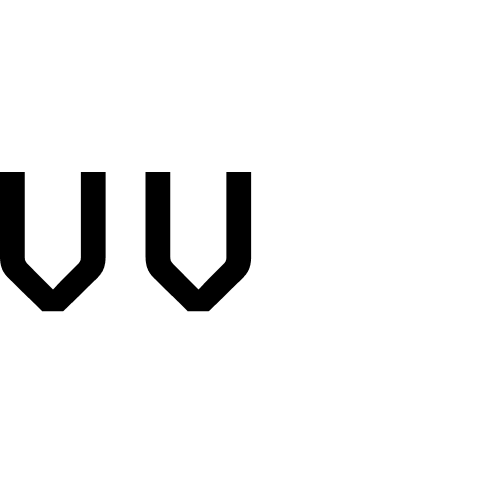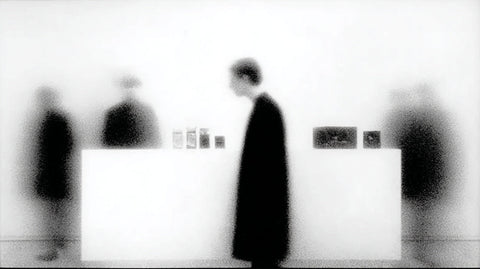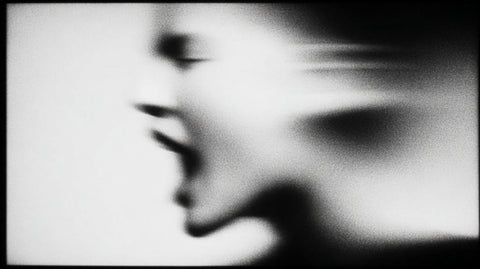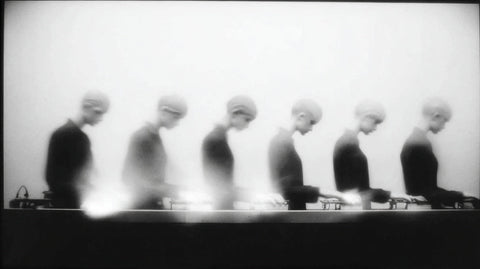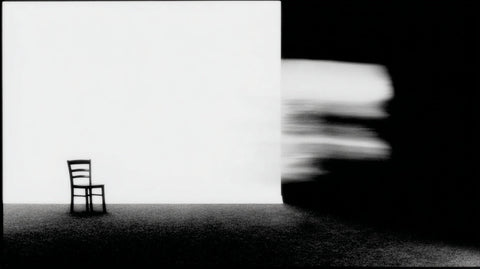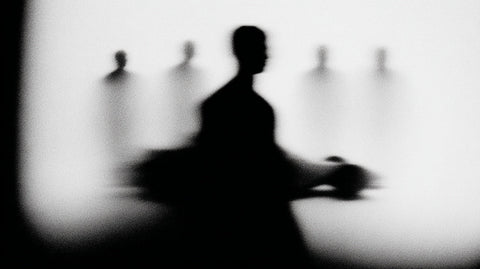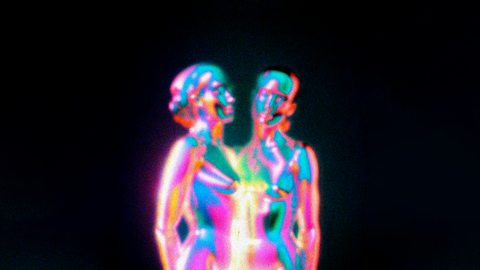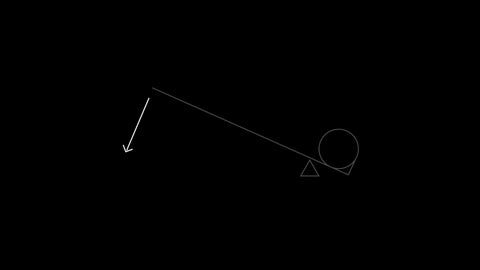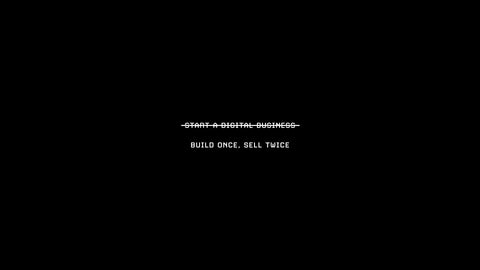What it means:
The narrative around the thing must be more compelling than the thing itself.
Why it's true:
In products:
- iPhone isn't just a phone; it's "think different"
- Tesla isn't just a car; it's "saving the planet"
- Nike isn't just shoes; it's "just do it"
- Supreme isn't just a t-shirt; it's "exclusivity/hype culture"
- The object is commodity; the story is premium
In people:
- Steve Jobs wasn't just a CEO; he was "visionary genius"
- Elon isn't just building cars; he's "making humans multiplanetary"
- Obama wasn't just a politician; he was "hope and change"
- The person is forgettable; the myth is memorable
In art:
- Basquiat's paintings aren't just paint; they're "outsider genius against the establishment"
- Banksy's graffiti isn't just spray paint; it's "anonymous rebellion"
- Warhol's soup cans aren't just prints; they're "commentary on consumerism"
- The art is physical; the meaning is what sells
In brands:
- Patagonia isn't just jackets; it's "environmental activism"
- Apple isn't just computers; it's "creative class identity"
- Rolex isn't just watches; it's "success and legacy"
- Red Bull isn't just energy drinks; it's "extreme sports culture"
The mechanism:
Objects are:
- Tangible
- Comparable
- Commodifiable
- Rational
- Feature-based
Stories are:
- Intangible
- Unique
- Defensible
- Emotional
- Identity-based
People don't buy objects; they buy stories they can participate in.
Why the story must be BIGGER:
If story = object, it's just description. If story < object, it's underselling. If story > object, it creates space for meaning, projection, identity.
The object is the excuse to buy the story.
Examples where story > object:
- A $5 white t-shirt vs. a $500 Supreme white t-shirt
- Object difference: minimal
- Story difference: massive
- Price difference: 100x
- A Casio watch vs. a Rolex
- Object: both tell time accurately
- Story: one is functional, one is legacy
- Price: 1000x difference
- Generic sneakers vs. Air Jordans
- Object: similar performance
- Story: one is commodity, one is "Be Like Mike"
- Price: 10x difference
When story < object:
The product is just a product. It competes on features. It's commodified. Price race to the bottom. No loyalty. No premium. No moat.
When story > object:
The product is a symbol. It competes on meaning. It's differentiated. Premium pricing justified. Cult-like loyalty. Margin expansion. Defensible moat.
The ratio matters:
- Story is 2x the object: Decent brand
- Story is 10x the object: Strong brand
- Story is 100x the object: Cultural phenomenon
- Story is 1000x the object: Religion
Applications:
In personal brand:
- Your resume is the object
- Your narrative is the story
- The story must be bigger
In startups:
- Your product is the object
- Your vision/mission is the story
- The story must be bigger (why VCs invest in "vision")
In content:
- The information is the object
- The perspective/voice is the story
- The story must be bigger
In relationships:
- The person is the object
- The romance/narrative is the story
- The story must be bigger (why people stay in bad relationships - the story they tell themselves)
The danger:
When the object can't support the story:
- Theranos (huge story, fake object)
- WeWork (massive story, commodity object)
- Fyre Festival (incredible story, no object)
The story can be bigger, but the object must be real.
The formula:
- Make a good object (table stakes)
- Wrap it in a story 10x bigger
- The story becomes the product
- The object is just proof the story is real
The story must be bigger than the object.
Because people don't buy things. They buy what things mean.
And meaning is made of story.
